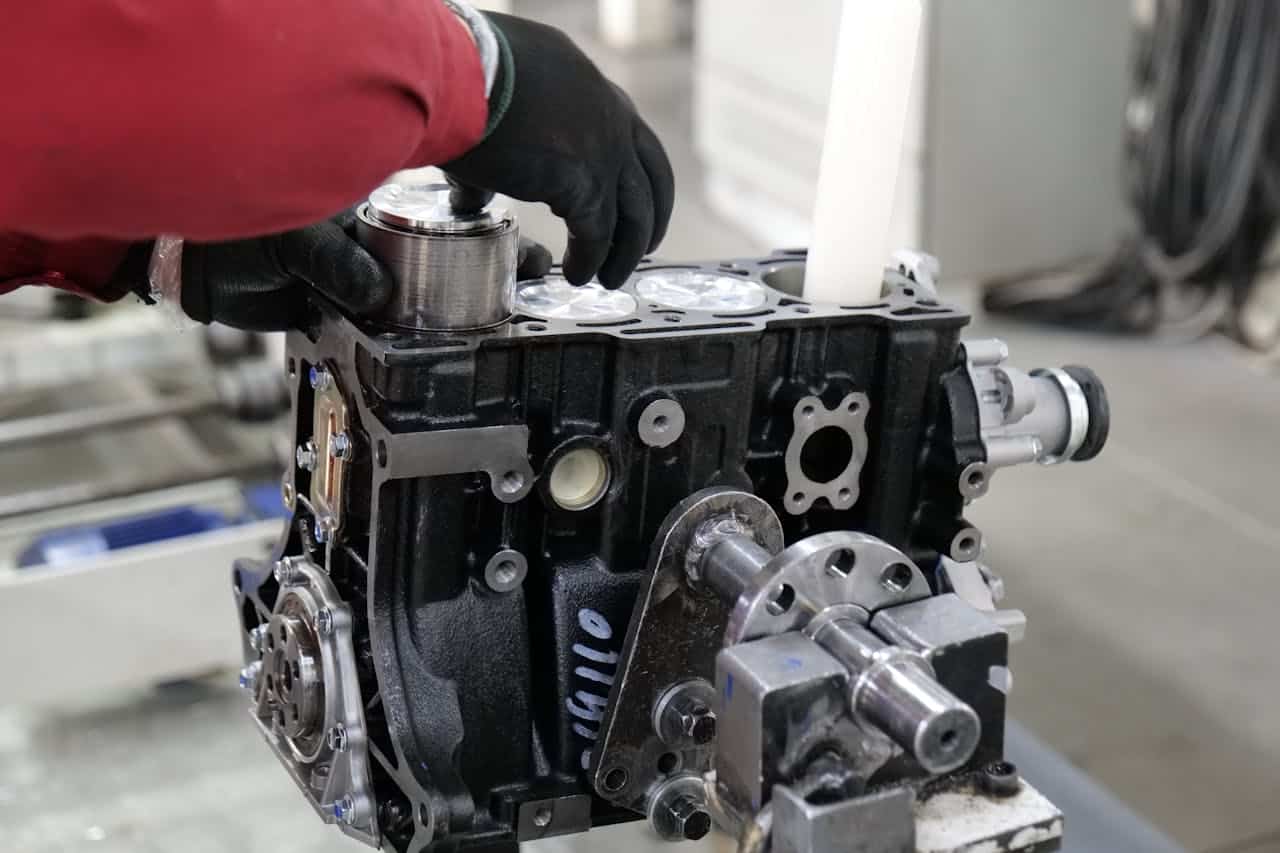INDIANAPOLIS – Democrat Jennifer McCormick who is running for governor in Indiana has proposed legalization of medical marijuana in Indiana that puts the state on a pathway towards fuller legalization for adults (see https://www.mccormickforgov.com/cannabis). Their plan has three big components.
First, it would establish a cannabis commission that would be responsible for the regulation, licensing and safety standards for medical marijuana use. Second, they would allow for a legal, regulated medical marijuana production and distribution industry in the state, overseen by the cannabis commission. Finally, using lessons learned from the creation, regulation and oversight of medical marijuana, they propose full legalization for adult use.
This approach is similar to states that have fully allowed marijuana use by adults, including Ohio, Michigan and Illinois, where recreational use is now legal. In Kentucky, medical marijuana use is also legal. In fact, Indiana is one of only nine states where marijuana use is neither legal nor decriminalized, and it the only state entirely bordered by states where it is legal.
Indiana law enforcement doesn’t really interest itself in marijuana use. If it did, our jails would be spilling over. It no longer makes sense to turn a blind eye to marijuana use when we could better regulate it, tax it and shift revenues from criminal enterprises to legal businesses.
The McCormick-Goodin campaign cited several well know studies to document the likely fiscal effects of cannabis legalization. They cited a Tax Foundation study from 2022 that projected a $172 million tax revenue growth from legalization (see https://taxfoundation.org/research/all/state/cannabis-tax-revenue-reform/), and another study that found hemp production today employs almost 12,000 Hoosiers with a total state economic impact of about $1.8 billion (see https://indianacapitalchronicle.com/wp-content/uploads/2024/05/Indiana-Hemp-derived-economics-impact-summary-10-31-23-Public-Facing-002.pdf).
I think these estimates are conservative, and the benefits clearly outweigh the costs.
There are costs to marijuana legalization. Making it legal doesn’t make it safe, but it might make it safer through regulation of strength and content. Legalization might prompt higher use of marijuana, but research on that is mixed, in part because data on use prior to legalization is poor. In places where marijuana has been legal for a long time, almost 30 years, actual use rates appear similar to other states.
We know that marijuana-related traffic accidents have risen in states after legalization, even though total accident rates are unchanged. This suggests that marijuana legalization results in consumers substituting pot for other drugs.
The best study on this issue examined drug use, crime and alcohol use before and after legalization on both sides of the Washington state border after cannabis was legalized. That study offered what I think is conclusive, quasi-experimental evidence that marijuana use in legal settings is a substitute for use of harder drugs and alcohol.
Most interesting, this study found that both property crimes and rapes diminished in the counties where cannabis was legalized, but not in the adjacent counties where it remained illegal. The authors attributed this to the diversion of policing resources away from cannabis towards property crimes, and the reduced use of violence-inducing drugs and alcohol.
A broader study of legalization saw no increase in crimes due to legalization, looking at every state over a 15-year period. And another study measured the localized effect of retail marijuana locations in Denver after legalization, finding that they reduced neighborhood crime, most likely by depriving dealers of a market. There are many studies that find mixed effects, but these three studies meet much higher analytical thresholds than any other I’ve seen.
The arguments against legalization continue to fail tests of reason. Many law enforcement officials do not wish it to be legalized, but lack evidence that it would contribute to more crime. Experience and anecdote just do not suffice in this type of environment, where we have good evidence from places that have already legalized marijuana.
Indiana Gov. Eric Holcomb has argued that marijuana legalization should wait for federal action, as cannabis possession and use remains a federal crime. At one time, I was sympathetic to that argument. In light of recent legislation, I no longer find that selective appeals to federalism pass the sniff test. This is a state issue if ever there was one.
The Libertarian Party has long supported legalization of cannabis but has not outlined an implementation plan. That is about the extent of the movement in Indiana, despite fairly strong polling support by citizens. I’d be willing to make a high-stakes bet that marijuana legalization would pass easily through referendum.
I am also swayed by the knowledge that illegal marijuana sales help fuel organized crime in precisely the same way prohibition ushered in organized crime across much of the country. Weakening gangs and discomfiting street dealers is an unalloyed good.
In the end, I don’t think a proposal legalization of marijuana will sway many voters. It won’t change my mind.
But the decision to offer a thoughtful, detailed and pragmatic plan that addresses the key concerns of citizens tells us a great deal about candidates and how they will govern.
Michael J. Hicks is the director of the Center for Business and Economic Research and the George and Frances Ball distinguished professor of economics in the Miller College of Business at Ball State University.
This article originally appeared on Evansville Courier & Press: OPINION | Hicks: A






